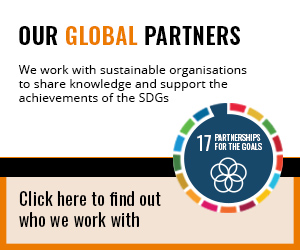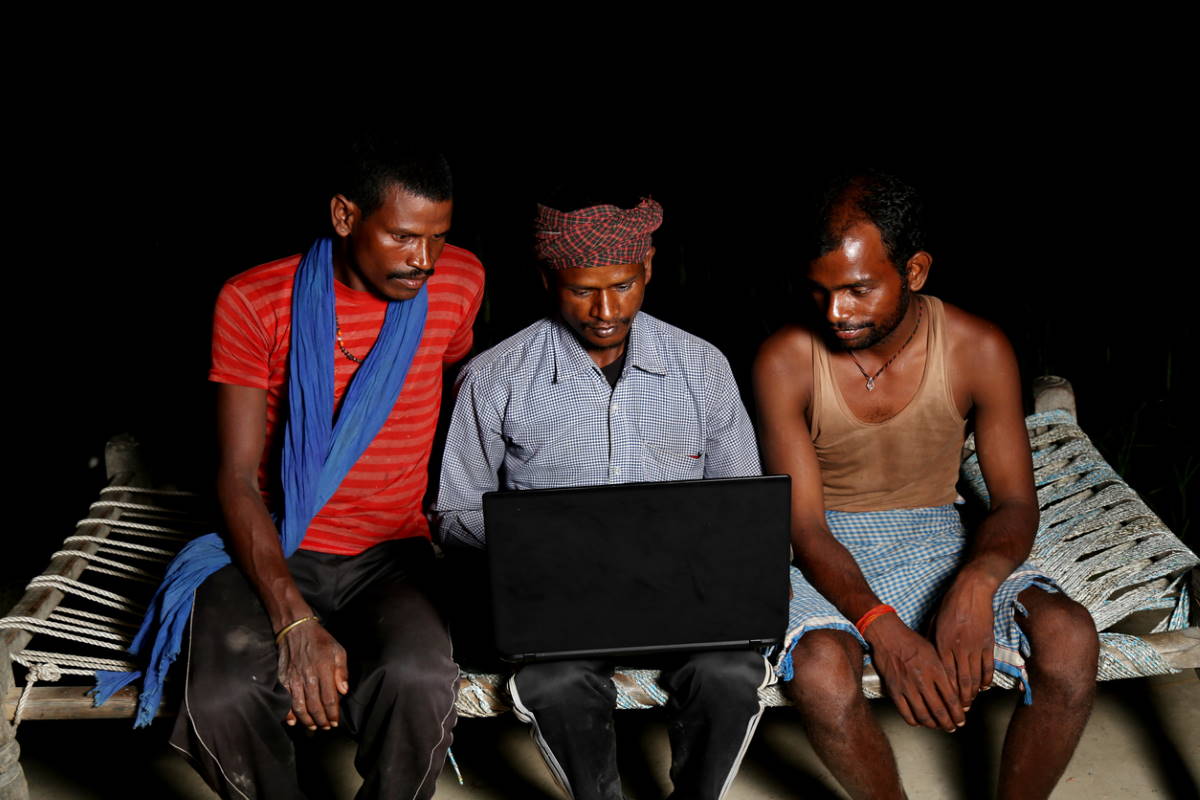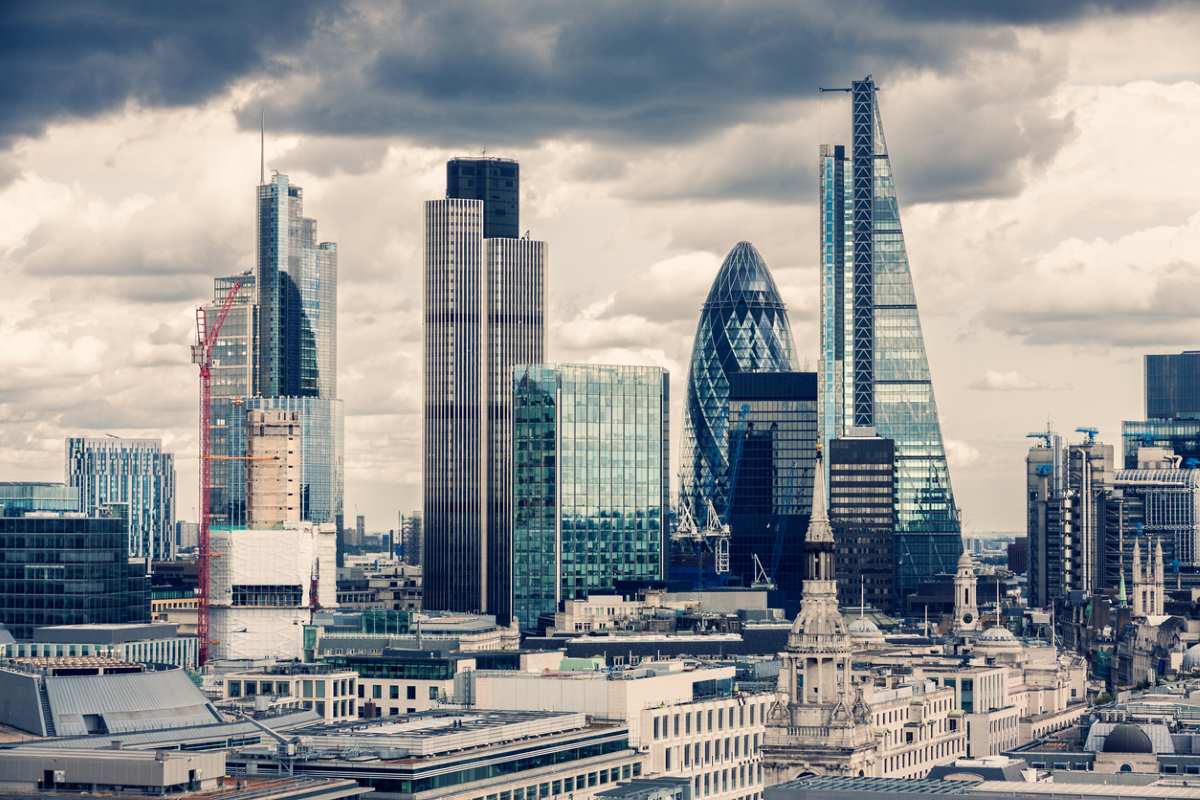We are being overloaded with information about the climate emergency: greenhouse gas emissions reached their highest levels in 2018, 2019 was the second hottest year on record, sea levels are rising and biodiversity is being lost.
Will this lead to eco-anxiety increasing? Or will it create climate fatigue?
What are we meant to do with the knowledge that time is running out to save our planet?
Christiana Figueres and Tom Rivett-Carnac, described as architects of the 2015 Paris Agreement, provide a guide for navigating these worrying times, with their book The Future We Choose: Surviving the Climate Crisis.
The founders of Global Optimism consider what could happen to our world if we were to abide by the pledges made in Paris or if we were to fail to meet these targets.
The book is described as ‘a cautionary but optimistic book about the world’s changing climate and the fate of humanity’. Its message is set to resonate for years and years to come.
The authors have a firsthand experience of the negotiations that are happening around us, about the future of our world. So what can we learn from these on the ground experts?
What must we do?
One of the chapters, called “Doing What Is Necessary”, advises the different actions we could take. These include:
- Engage in politics
- See yourself as a citizen
- Let go of the old world
- Defend the truth
1.Engage in politics
Yes, we should exercise our right to vote. But Christiana Figueres believes we have to go further than this. She writes in the book: “It’s time to participate in non-violent political movements wherever possible”.
She adds: “Civil disobedience is not only a moral choice, it is also the most powerful way of shaping world politics.”
For example, Greta Thunberg, Extinction Rebellion, Gandhi, Martin Luther King Jr. and Nelson Mandela all illustrate the importance of standing by your beliefs, regardless of the established rules and ways of thinking in place.
2.See yourself as a citizen
…not a consumer! The authors describe the ease at which we fall into the trap of consumerism. Instead, we should try and feel happy and complete, without relying on material goods to enhance our sense of identity.
With an increased awareness about the harmful impact of fast fashion for instance, we should think twice before making potentially unnecessary purchases.
3.Let go of the old world
Christiana and Tom suggest we recognise how the past has shaped our world. For instance, fossil fuels have proven to be essential for many people’s lives.
However, to move forward, we have to be able to change our psychological assumption that we need these things we have previously relied on.
Change is necessary, and this means altering our mindsets in order to adjust our physical habits.
4.Face your grief
We can’t progress effectively by turning a blind eye to the upsetting reality, such as the loss of biodiversity.
Instead, the authors say we ought to acknowledge our grief, but build a brand new vision with it. They say: “A compelling vision is like a hook in the future. It connects you to the pockets of possibility that are emerging and helps you pull them into the present”.
In other words, we know there are terrible things happening to our planet right now. How do we hope to see this change in the future and how can we help achieve this vision, through optimistic and productive attitudes?
5.Defend the truth
Science presents the hard facts, so the authors suggest we listen to them. Despite this, there will be people who are in denial.
Tom and Christiana propose ways of dealing with denialism: “If you reach them, it will be because you sincerely listened to them and strove to understand their concerns. By giving care, love, and attention to every individual, we can counter the forces pulling us apart.”
Adversity and division will not help the climate action campaign to progress. That’s why it is important to know the truth, but not make enemies out of those who are yet to believe it.
A blueprint for avoiding environmental disaster
The book provides a detailed account of what organizations, governments and individuals should do to prevent further environmental disaster.
Although this aspect often goes unnoticed, changing our mindset is crucial to changing our behaviour. With a determined attitude and enough coping mechanisms, Christiana and Tom are confident we can create a better future for generations to come.
As the saying goes, if you can dream it, you can do it.
This is a summary of Forbes article by Jeff McMahon
Image courtesy of iStockPhoto.com.





